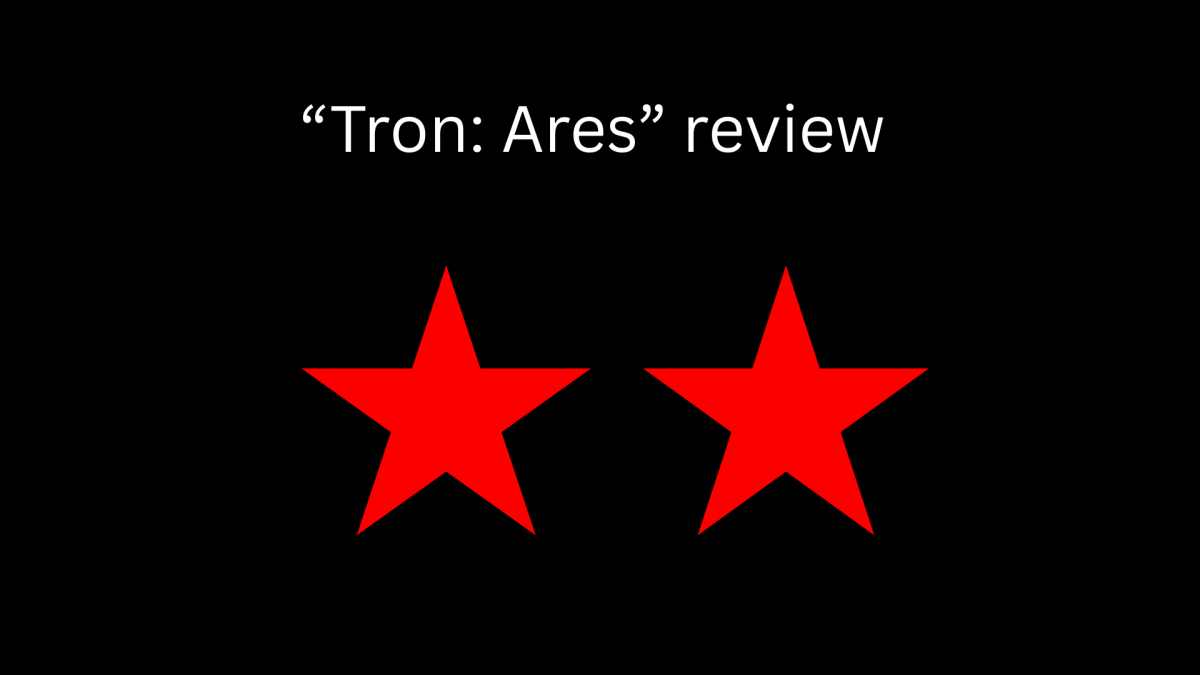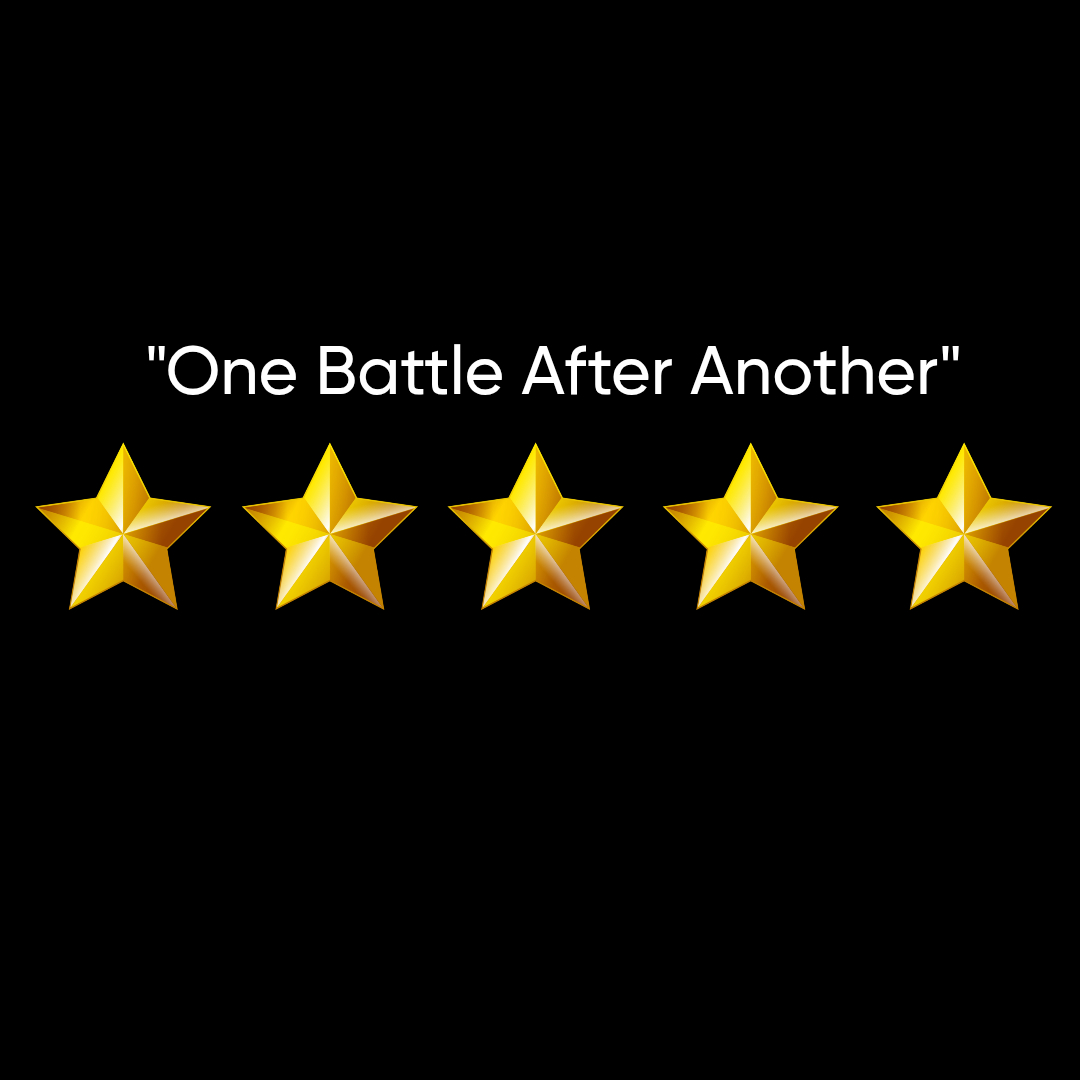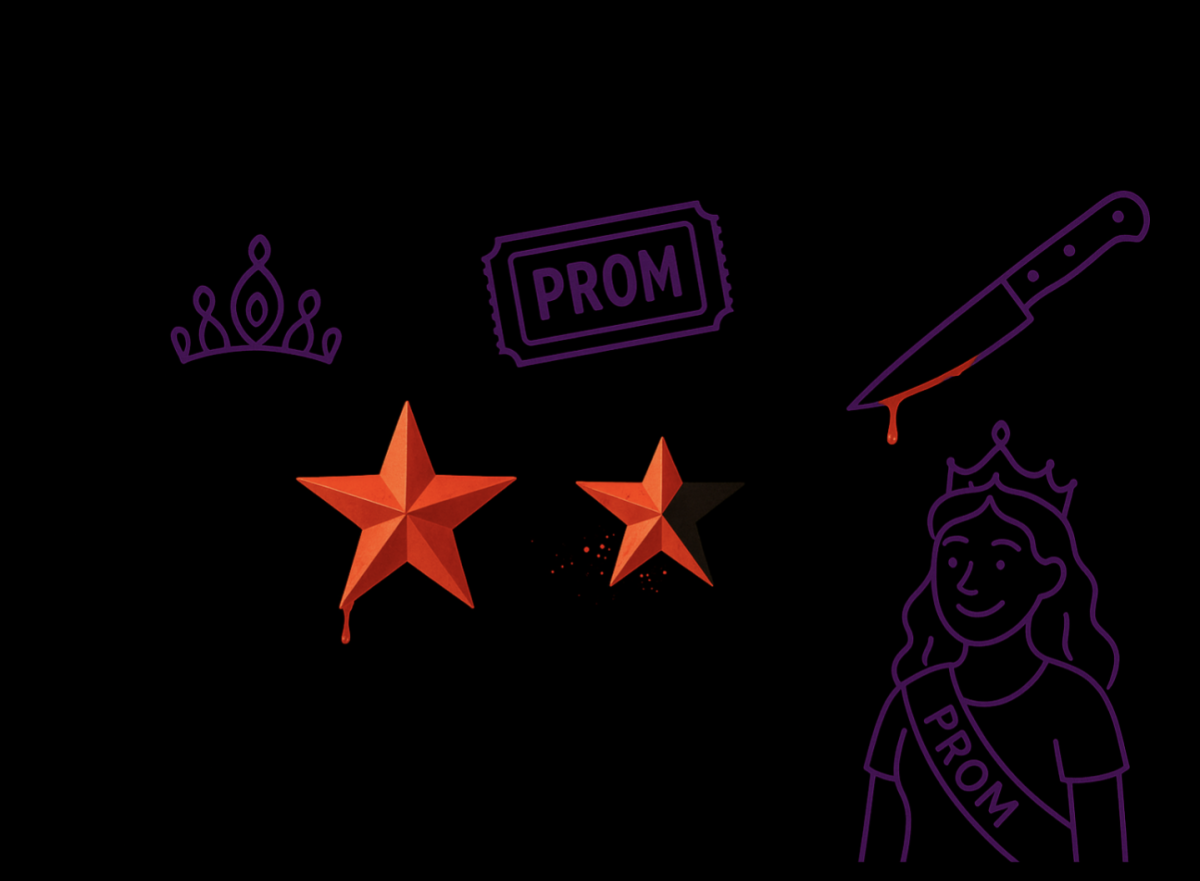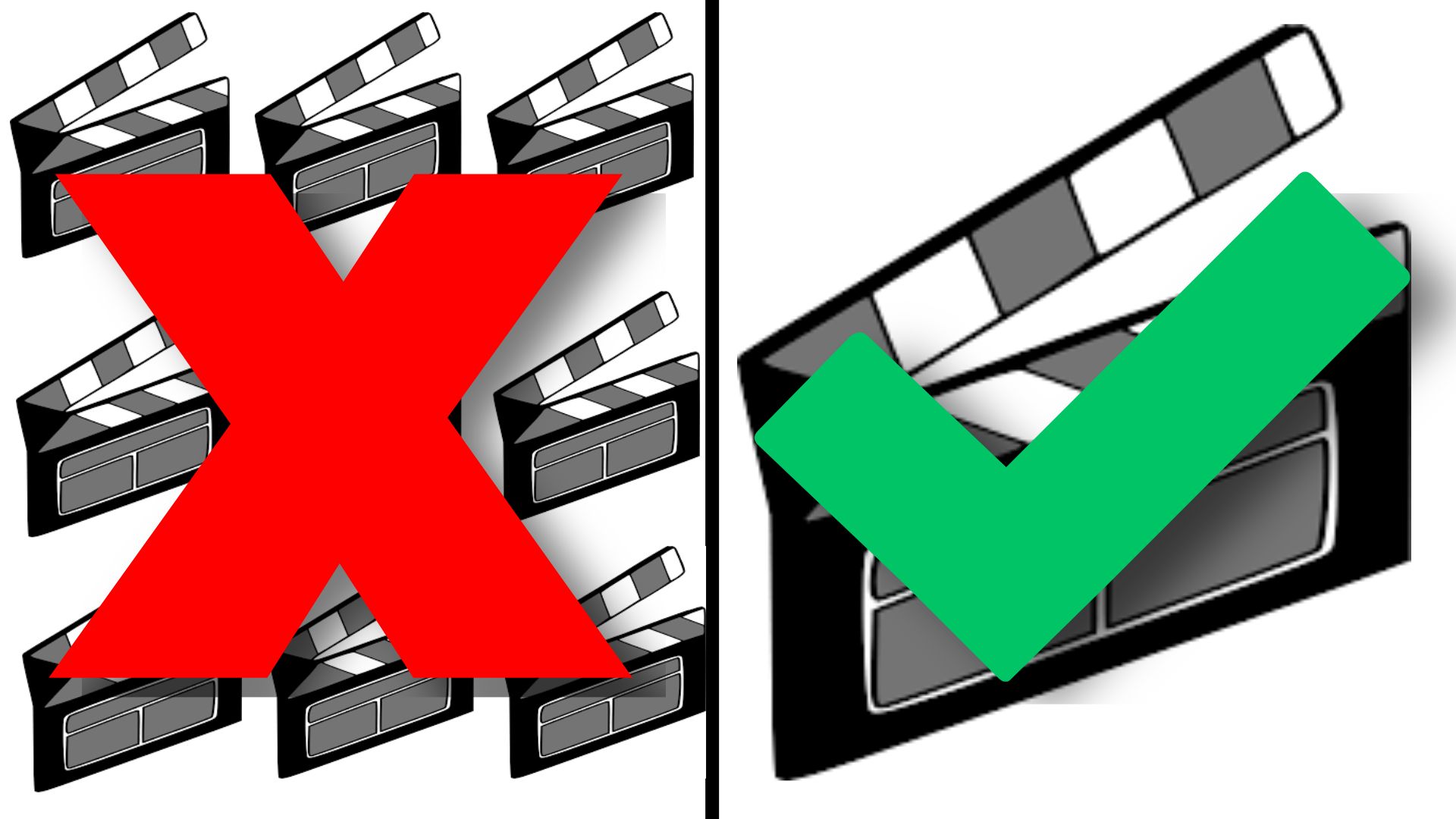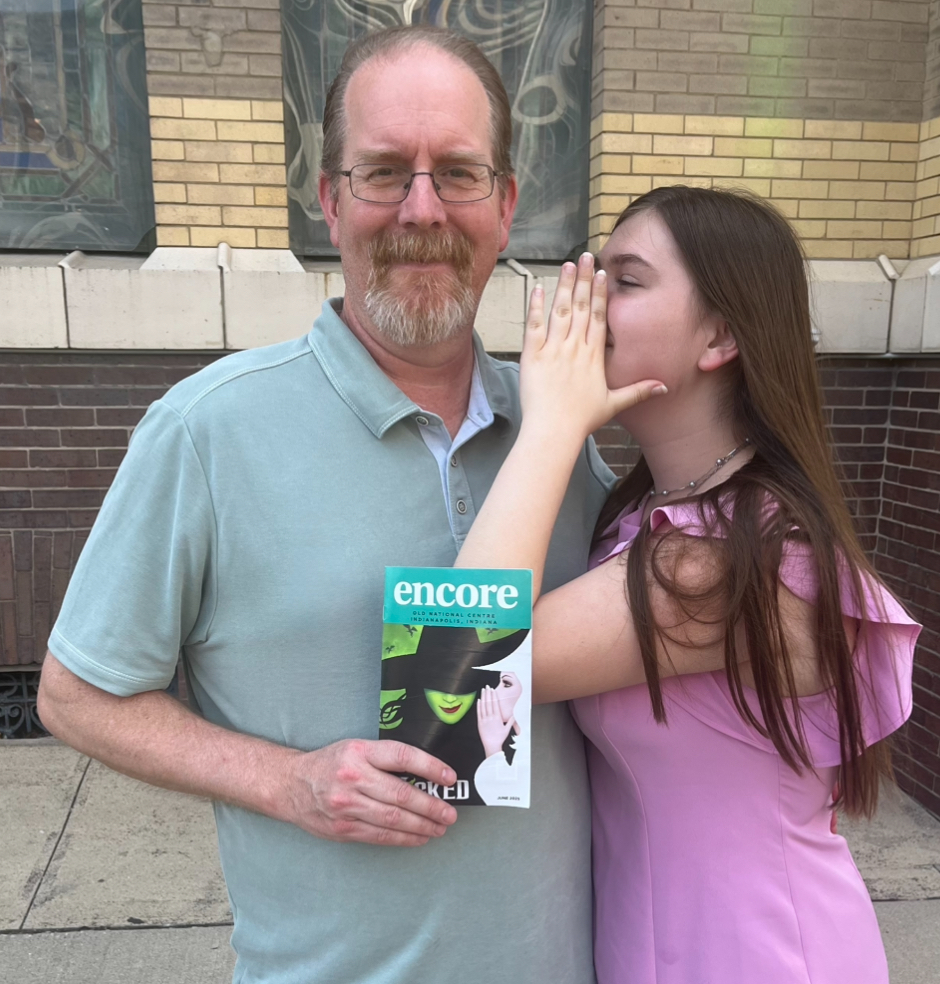Tanner Guillot is a senior and a reporter for the Fishers Tiger Times. His views do not necessarily reflect those of the newspaper.
Every student will probably think about the actual, literal events that happen to them in a given school day; but not nearly as much thought is given to the structure of that day. The almighty schedule, the universal outline that unites us all. Having lived through 2020 (like the rest of you, I presume), I almost got to “trial run” quite possibly the most diverse series of back-to-back schedule formats, and since then it’s been interesting to reflect on how those schedules felt different on the mind. I saw, firsthand, FHS switching from seven-period to block scheduling.
This topic is reflective of a lot of other, bigger things: how COVID had lasting effects on our day-to-day lives, how our generation’s attention span is supposedly decreasing, how education has changed in the last ten or so years- but the schedule, in itself, makes school feel different, and the approach teachers take has changed with it.
I’ve noticed people complaining that the days we still have seven periods “feel longer” than our current red/silver days. The reason for this is easy enough to piece together; less material, more downtime, it feels shorter, and, in some ways, it genuinely is; in an article published by the University of the People, an online education institution, while each class gets the same amount of time it would have under a standard schedule, less homework comes of it: “Since students have less classes per day, it can translate into less homework per day. When students have less daily homework, they have more time to pursue their interests, hone their skills, and even reduce stress levels through relaxation methods.”
The same article encourages teachers to take new approaches to each period, which is something this kind of schedule naturally suggests by design; nobody wants to host a lecture for 90 straight minutes. So, a lot more class time is set aside for work and different activities, something I’ve personally observed since joining FHS in 2020.
A surprise I found in my research was just how far back block scheduling has been experimented with. I was under the impression that it was a relatively recent invention, given the backstory laid out above, but my research led me to an article from 1999, written by Michael Rettig and Robert Lynn Canady, hosted on the School Superintendents Association website. Even then, positive results were found: “The majority of teachers, administrators, students and parents are favorable to block scheduling, even after the sometimes difficult period of change. Initially, teachers report feeling greater stress until they learn how to plan for and teach in an extended block of time, but eventually. both teachers and students report school becomes less stressful.”
So, is block scheduling truly the way of the future (or, perhaps, the schedule of the future?) Personally, I believe that FHS has made a good decision in making the permanent switch. I know that I and at least a decent number of other students prefer it over seven-period, anyways. The higher amount of downtime may initially seem counter-productive to efficient education, but any old anecdote or bit of personal research can tell you: that breaks and not constantly working is good for you and helps you get more work done. But, I may as well provide a proper source anyway. The University of North Carolina at Chapel Hill: “When you are working or studying hard, your brain has to resist distractions in order to focus on the task at hand. Your prefrontal cortex is mostly responsible for this kind of “think-work” as it plays a major role in your ability to concentrate, think logically, and resist impulses. This level of concentration gets harder by the minute as your brain expends energy! At some point, you will need to recharge in order to replenish after working so hard.”
Essentially, because of how block scheduling functions, each individual day comes with less stressful work, and teachers are encouraged to employ variety in their methods; this makes it feel faster, and easier on the mind.



